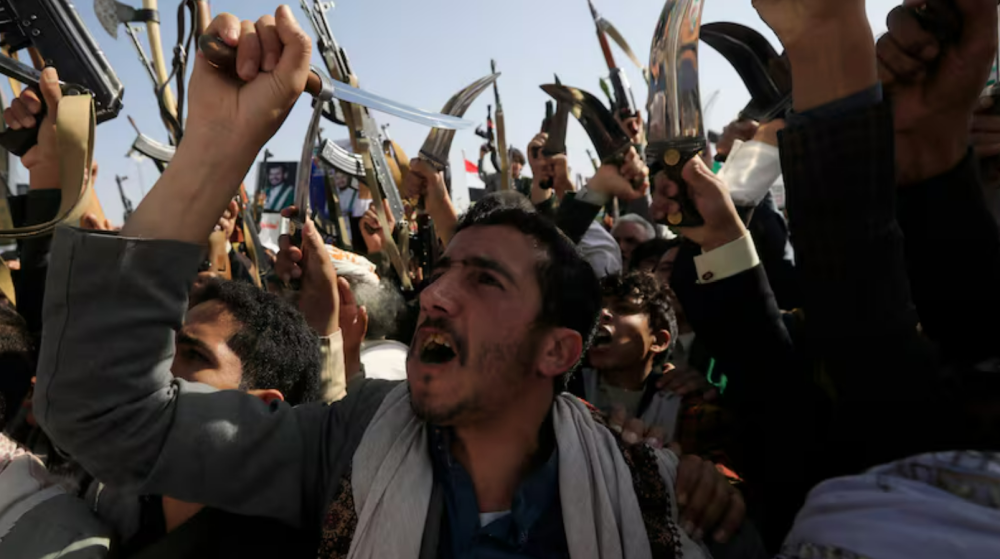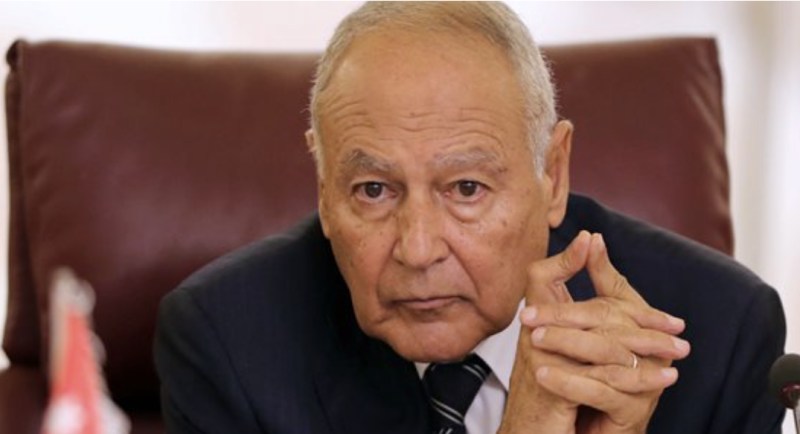Yemen's Houthi rebels are faced with a stark choice


"They beat us, not to extract information from us. They had all our data on our phones and devices. They beat us because we posed an existential threat to them."
This harrowing testimony from Yemeni journalist Abdulkhaleq Imran, published by The National yesterday, does more than many dry reports and briefings to expose the paranoia, insecurity and violence that characterises the country’s Houthi rulers. Imram, who was abducted nine years ago after the militants seized Yemen's capital and overthrew the government, knows more than most about the autocratic and thuggish rule of an organisation that brooks no dissent.
Despite years of keeping Yemen on a destabilising and near-permanent war footing, the Houthis remain an entrenched presence in one of the world’s poorest nations. At an international conference on Yemen held in Amman this week, Shaya Zindani, Yemen’s Foreign Minister, struck a pessimistic tone about his nation’s future. “Yes, there’s a ceasefire and the military activities have largely waned but we don’t see an end to the war any time soon,” he said. “There isn’t a vision that allows us to say that peace is at the door.”
There are many reasons to share Mr Zindani’s sobering assessment. The Houthis had been inching closer to a peace agreement, brokered by Riyadh, to end the years-long war until the October 7 attacks by Hamas on Israel galvanised the rebels. Since then, Houthi attacks on international shipping in the Red Sea, ostensibly in support of the Palestinians, has caused widespread economic turmoil, obstructed shipments of humanitarian aid and led to Israeli and US air strikes on Yemen.
Domestically, much of the country remains in a state of grim precarity made worse by the Houthis’ grip on power. The kind of arbitrary detention Mr Imram went through has been experienced by others. The UN recently suspended all humanitarian operations the Houthi-controlled region of Saada in response to the arrest of several of its staff; on February 11, the World Food Programme confirmed that one of its staff members had died in Houthi custody.
Such crackdowns on international aid groups in Yemen are not new. Since the group took over Sanaa in 2014, the Houthis have been accused of kidnapping, arbitrarily detaining and torturing hundreds of civilians, including UN and NGO personnel. In June, the rebels detained 13 UN staff members, including six from the Human Rights Office, more than 50 charity workers and a US embassy employee. The group claimed it had uncovered “an American-Israeli spy network” operating under the guise of humanitarian organisations but the consequence has been the undermining of aid efforts to help a malnourished and impoverished civilian population.
However, others in the international community remain more optimistic that a way out of this impasse can be found. Speaking to the Security Council last Friday, UN Special Envoy Hans Grundberg said “elements of the roadmap for peace already provide a framework for the way forward, and the parties committed to a nationwide ceasefire as the first step”. This would, he added, “pave the way to a structured political process through inclusive negotiations under the auspices of the UN”.
The Houthis have a consequential choice to make – whether to maintain control over a collapsing, isolated country through brute force at home while shaking down shipping companies in the Red Sea or – recognising that the so-called Axis of Resistance has faltered across the region – de-escalate and work to ensure their political survival by re-engaging in a talks process. Although choosing a pragmatic path forward won’t help Imram and dozens of other detainees forget their ill-treatment at the hands of these militants, it may be a first step to breaking the cycle of violence that has held Yemen’s people back for far too long.

Washington – The U.S. Department of State announced that Saudi Foreign Minister Prince Faisal bin Farhan Al Saud held a phone call with U.S.…

Berlin – Germany has expressed deep concern over the recent escalation in southern Yemen, warning that the situation poses serious risks to r…

Cairo – The Secretary-General of the Arab League, Ahmed Aboul Gheit, has expressed profound concern over the dangerous and escalating develop…